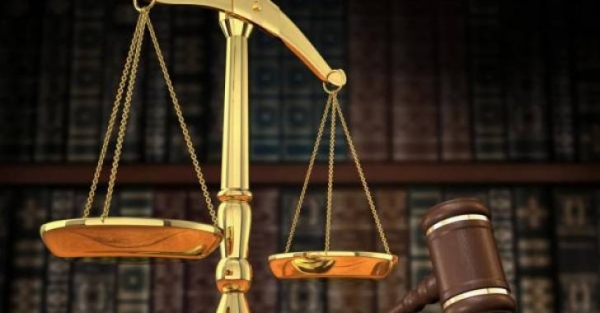Higher Disciplinary Committee : Irrevocable decisions and limited achievements
Establishment
Article 13 of Law No. 54 dated October 2, 1965 stipulated the following: “The Presidency of the Council of Ministers shall have a General Disciplinary Council. This body shall ramify to look into all the transgressions over which the employee is referred to the Council.” The presidential term of President Amin Gemayel in 1983 was marked by the issuance of legislative decree No. 152, which established the Higher Disciplinary Committee to replace the General Disciplinary Council. However, the decree was cancelled by virtue of legislative decree No. 11 dated March 23, 1985, maintaining the existence of the Council yet changing its name to “Higher Disciplinary Committee.”
Capacity
The Committee has authority over all personnel of public administrations, institutions, independent agencies and municipalities and is entitled to impose different kinds of sanctions on all workers including permanent, temporary or contract employees.
Excluded from the authority of the Committee are the army, the security forces, the judges, the professors of the Lebanese University and the members of the Central Inspection Board and the Civil Service Board who, according to the rule of law, fall under the control of their existing disciplinary councils.
Trial before the Committee
The accused employees are referred (by the Central Inspection or any other supervisory body or the body that appointed them) to the Higher Disciplinary Committee according to the rules and regulations to which relevant personnel are subjected. The commissioner of the government undertakes the study of the file in question before drafting his findings and sending his report to the Committee within a month of the date receiving the file.
The Committee convenes secretly within a week of the date (or whenever necessary) it is handed the findings, and maintains the right to impose disciplinary sanctions on the employee or acquit him from all charges. The decisions rendered by the Committee are final and irrevocable, which grants the Committee further power and importance.
Personnel
The Committee consists of a President and two full-time employees appointed by a ministerial decree. In addition two reserve employees are assigned to fulfill the membership in the Committee should any of its full-time members fall sick or distance or absent himself. It was agreed that the President should be Greek Orthodox and the two members Shia’a and Sunni respectively.
The personnel consists of 27 posts:
- President (judicial or administrative judge or Grade 1 employee): 1
- Member (Grade 1 employee): 2
- Secretary (Grade 2 employee): 1
- Head of Department (Grade 3 employee): 2
- IT Chief (Grade 3 employee): 1
- IT Analyst (Grade 3 employee): 1
- Clerk (Grade 4 employee): 10
- Accountant (Grade 4 employee): 1
- Court usher (Grade 4 employee): 2
- Janitor (Grade 5 employee): 2
- Driver (Grade 5 employee): 1
- Worker: 3
A Maronite inspector from the Central Inspection runs the Government Commissariat in the Higher Disciplinary Committee, which consists of 7 staff.
Budget
The Committee is allocated an annual expenditure under the budget of the Presidency of the Council of Ministers. According to the 2012 draft budget, the funds assigned to the Committee stood at LBP 263.1 million. This meager amount was distributed as follows:
- Salaries and provisions: LBP 196.3 million
- Office rentals: LBP 21 million
- Stationary, office supplies and electricity and phone bills: LBP 26.4 million
- Transportation: LBP 8 million
- Advertisement and PR: LBP 2.9 million
However wide its prerogatives, the number of cases and employees referred to the Higher Disciplinary Committee is declining continuously. Unfortunately, this is not indicative of a sound Lebanese administration. Rather, it entails further promotion of the supervisory bodies to facilitate the detection of the offending employees and their referral to the Committee so it can live up to its assigned role and stop being another false witness to the rampant administrative corruption. 








Leave A Comment